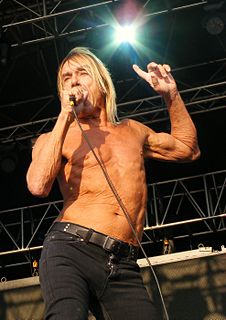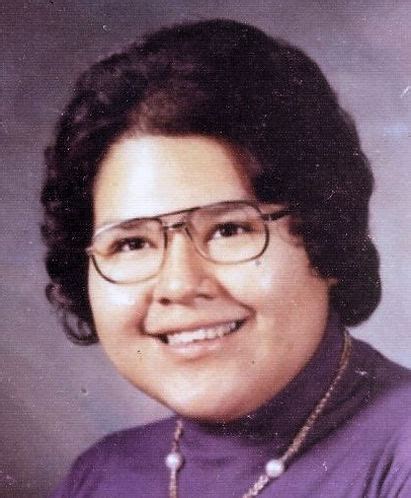A Quote by Rachel Kushner
In fiction, there happens to be a long history of creative engagement with marginality, with the very human components of society that others don't want to think about, from writers such as Dostoyevsky, Baudelaire, and Rimbaud to Genet and Sarrazin and right on up to Norman Mailer.
Related Quotes
It's always an interesting question of what was it like as Norman Mailer's son because I could easily turn it back and say what's it like not to. I didn't always realize my dad was Norman Mailer. I always knew he was Dad, and then I forget the exact age when it dawned on me that, you know, he is actually someone who affects the public consciousness of the time. It was amazing. I mean he was a rock star and brilliant and kind and funny and generous and scary when he needed to be and, you know, hard as a father.
Science fiction is the most important literature in the history of the world, because it's the history of ideas, the history of our civilization birthing itself. ...Science fiction is central to everything we've ever done, and people who make fun of science fiction writers don't know what they're talking about.
Inexperienced fiction and creative nonfiction writers are often told to show, not tell - to write scenes, dramatize, cut exposition, cut summary - but it can be misguided advice. Good prose almost always requires both showing and telling, scenes and summary, the two basic components of creative prose
The whole ecosystem of celebrity has broken down for writers. If you go back to the '50s, '60s, and '70s, writers were on TV a lot, and they were allowed to misbehave a lot. Truman Capote was a pop figure, but it wasn't until he went on David Susskind's show and had that extraordinary voice and manner that everyone could imitate, that he really took off as a figure. Norman Mailer and Vidal, the same thing. The bestselling writers now, there's no great animal energy with them.
Creative non-fiction is such a liberating genre because it allows the non-fiction writer, whether he or she be journalist or essayist, to use all of the techniques of the fiction writer and all of the ideas, creative approaches, that fiction writers get a chance to use, but they have to use it in a true story.
I think our conception of literature should accommodate not only apolitical writers but also those whose political opinions we find unpalatable. Fiction after all comes from a different, less rationally manipulable side of the brain. I am personally very attached to reactionary figures like Dostoyevsky, Hamsun, and Céline.
I think, questions about what it means to respect nature become very important because just as in human society, for example, part of what it is for me to live a good life as a human being in a human society is to have respect for others around me. Now, that respect, to some extent, can be thought of as being grounded in the rights and interest of others but it also has to do with the stance that I take in the world and what it is that provides meaning and significance in my own life and I think there are similar ideas of respect for nature that apply as well.





































